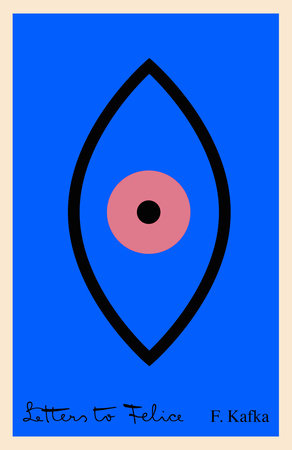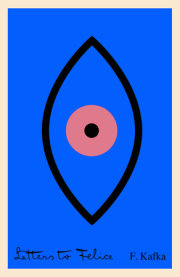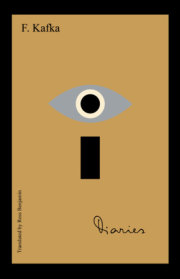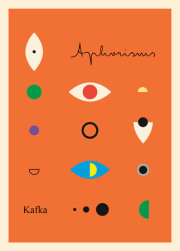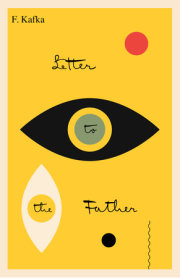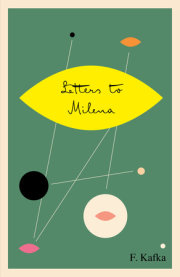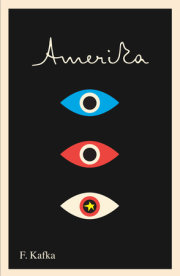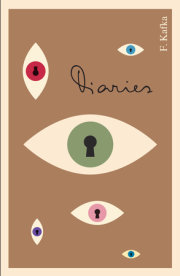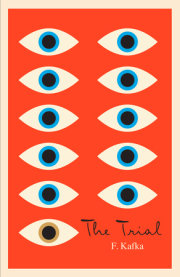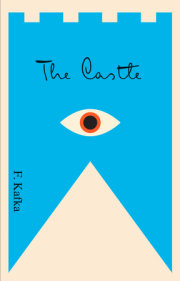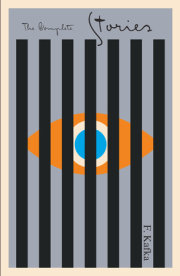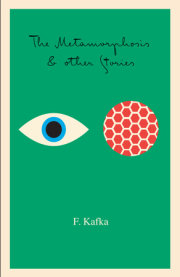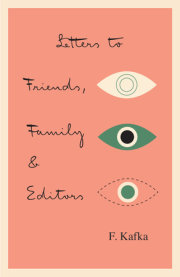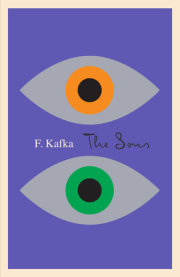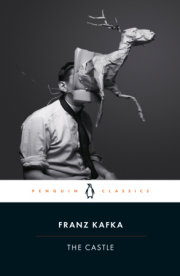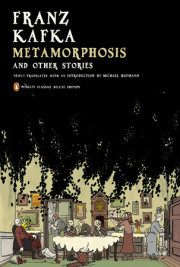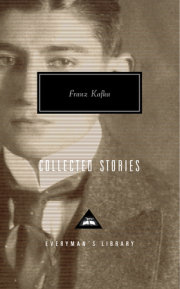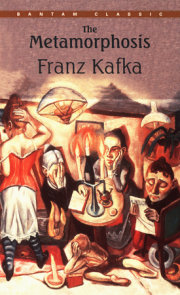Franz Kafka met Felice Bauer in August 1912, at the home of his friend Max Brod. Energetic, down-to-earth, and life-affirming, the twenty-five-year-old secretary was everything Kafka was not, and he was instantly smitten. Because he was living in Prague and she in Berlin, his courtship was largely an epistolary one—passionate, self-deprecating, and anxious letters sent almost daily, sometimes even two or three times a day. But soon after their engagement was announced in 1914, Kafka began to worry that marriage would interfere with his writing and his need for solitude.
The more than five hundred letters Kafka wrote to Felice—through their breakup, a second engagement in 1917, and their final parting in the fall of that year, when Kafka began to feel the effects of the tuberculosis that would eventually claim his life—reveal the full measure of his inner turmoil as he tried, in vain, to balance his desire for human connection with what he felt were the solitary demands of his craft.
“Some of the most heartrending ‘love letters’ ever written.”
—Morris Dickstein, The New York Times Book Review
“Kafka’s correspondence with Felice has all the earmarks of his fiction—the same nervous attention to minute particulars, the same paranoid awareness of shifting balances of power, the same atmosphere of emotional suffocation—combined, surprisingly enough, with moments of boyish ardor and delight. Taken together, Elias Canetti observes, the letters provide an index of the emotional events that would inspire The Trial—a novel, Canetti argues, in which Kafka’s engagement to Felice is reimagined as the mysterious and menacing arrest of the hero.”
—Michiko Kakutani,The New York Times

